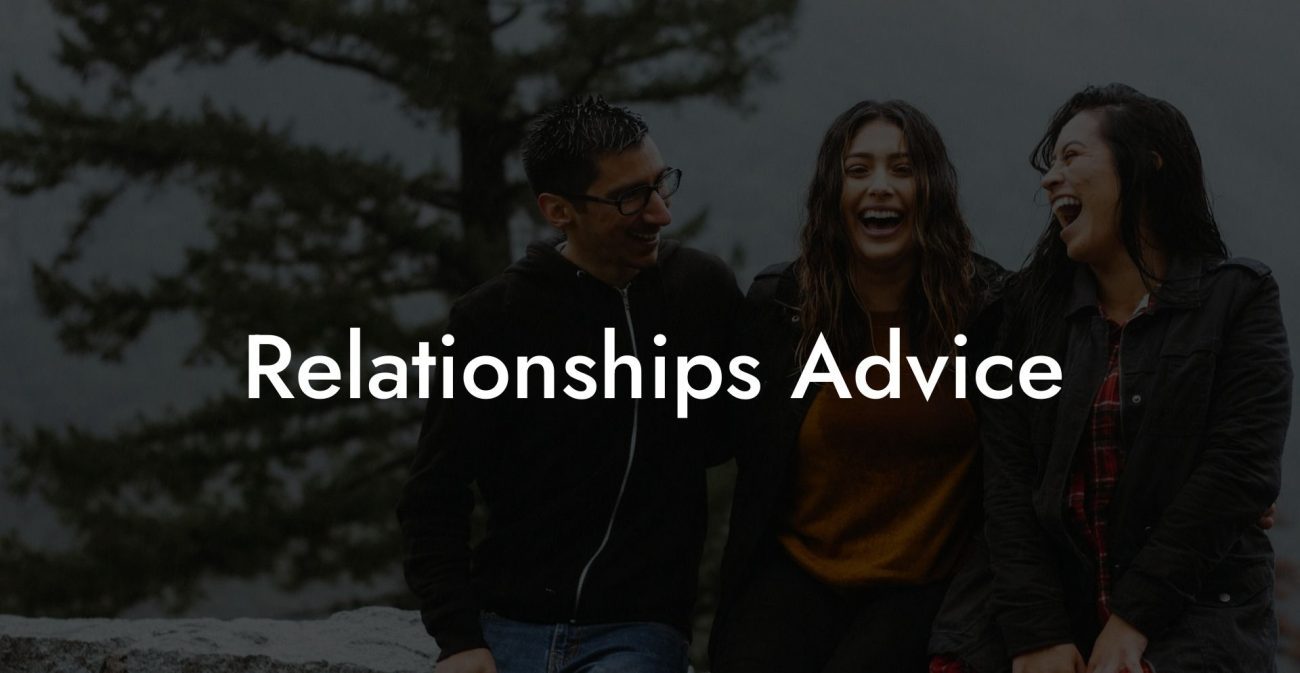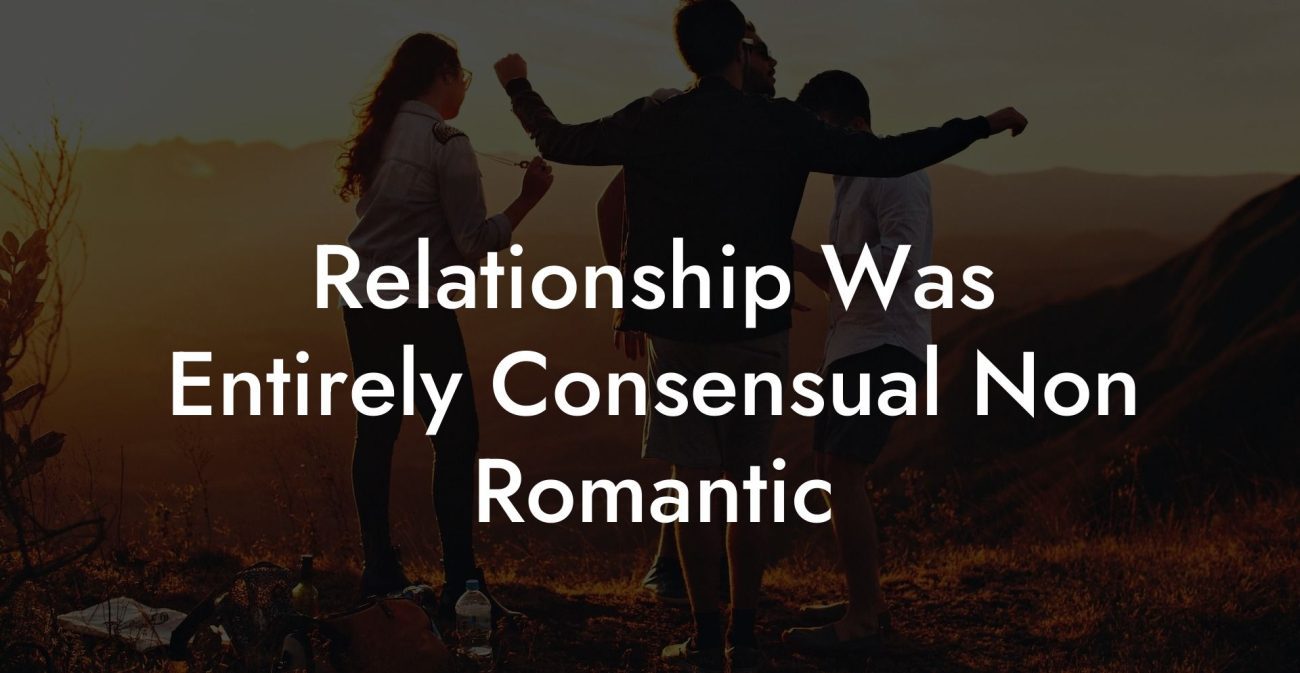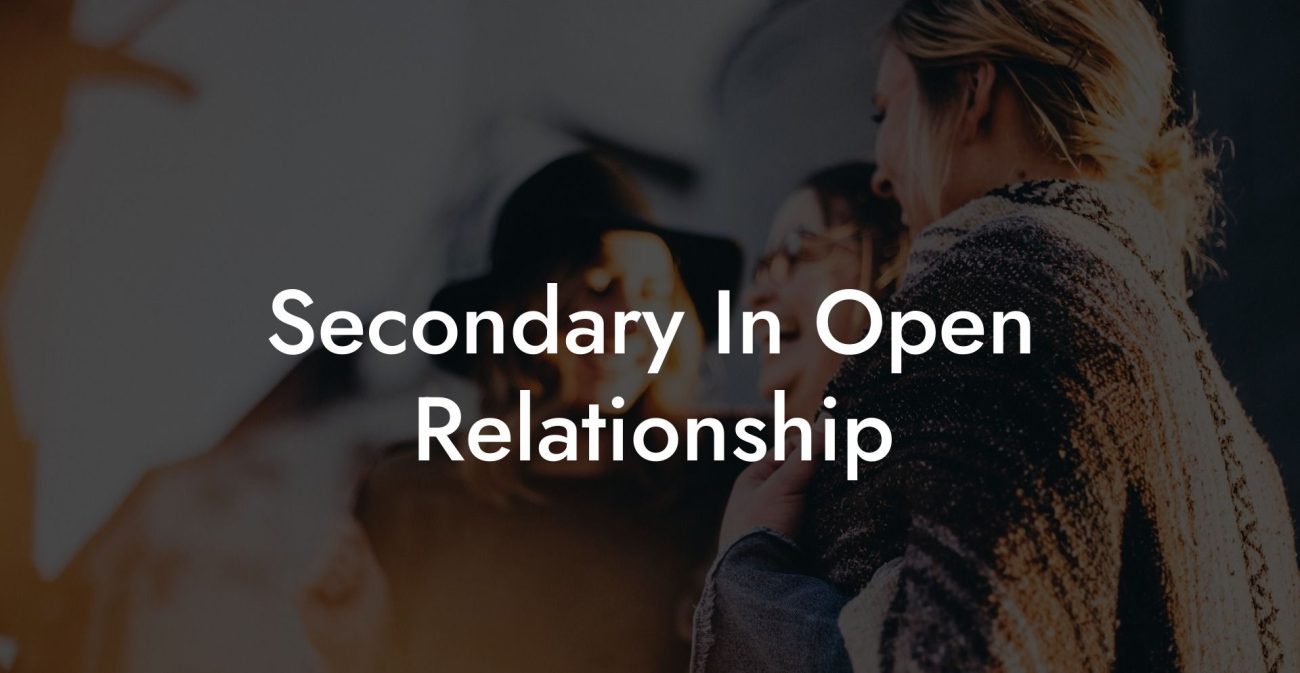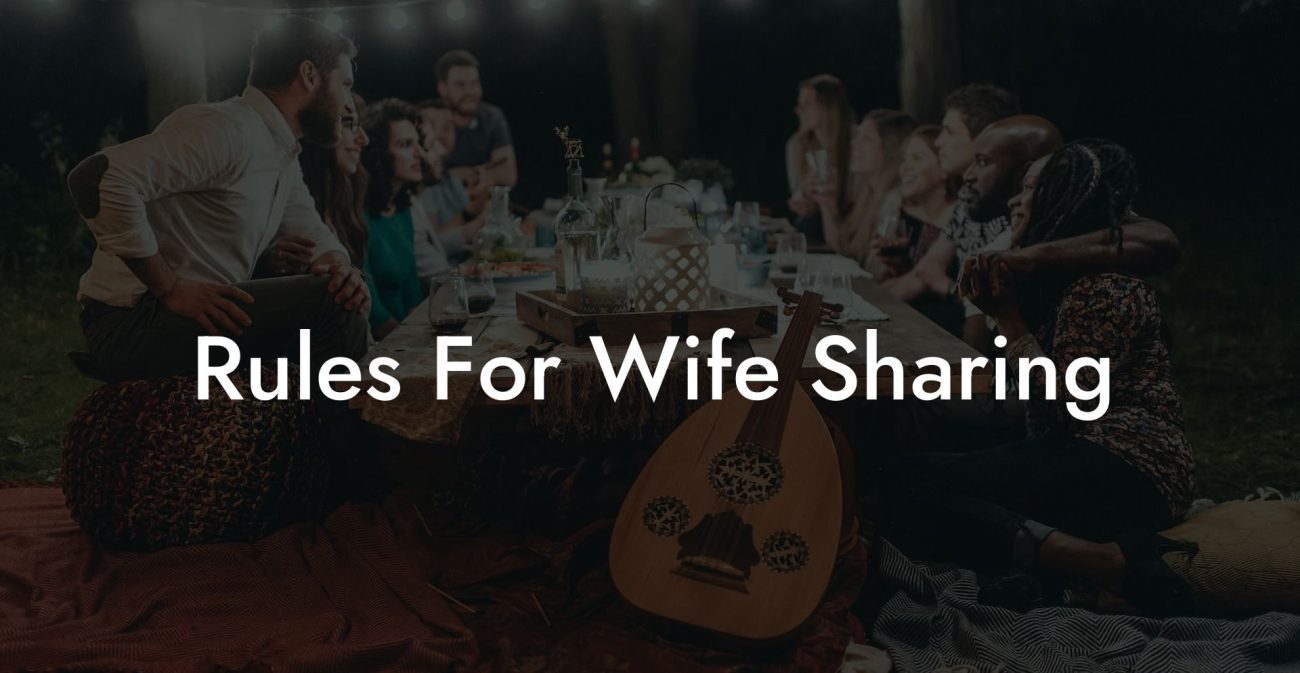Are you dating someone who doesn't want to be monogamous, but you're unsure how to proceed? In today's evolving dating landscape, it can be challenging to navigate non-monogamous relationships and feelings. In this guide, we'll discuss some factors to consider when your partner doesn't want monogamy, some helpful communication tools, and ways to explore different relationship structures if that's something you're both interested in.
He Doesn T Want To Be Monogamous Table of Contents
Understanding Non-Monogamy and Its Different Forms
Why Some People Prefer Non-Monogamy
Understanding Non-Monogamy and Its Different Forms
Before diving into the nuances of your unique situation, it's important to understand the different forms of non-monogamy. Some common non-monogamous relationship structures include:
- Polyamory: Polyamorous individuals have multiple consensual, loving relationships. These relationships can range from casual to serious, and each one typically involves some emotional connection.
- Swinging: A practice in which committed partners engage in consensual sexual activities with other people, usually as a couple.
- Open relationships: Couples in open relationships have agreed on specific boundaries about what types of extramarital relationships are acceptable. These could include emotional connections, sexual connections, or a combination of the two.
Why Some People Prefer Non-Monogamy
There is no one-size-fits-all reason as to why someone might lean towards non-monogamy, as people have individual preferences and desires. Some common reasons people lean towards non-monogamy include:
- A desire for greater emotional and sexual variety.
- The belief that one person cannot fulfill all their emotional and physical needs.
- Personal growth and increased self-awareness as a result of managing relationships with more than one person.
- A means of exploring and expressing different aspects of their identity, both sexually and emotionally.
Communicating with Your Partner about Non-Monogamy
Effective communication is crucial when discussing non-monogamy with your partner. Here are some tips to navigate these difficult conversations:
- Be honest and open about your feelings.
- Ask questions and listen to your partner's perspective.
- Set boundaries and establish ground rules for both emotional and physical interactions.
- Make compromises and find a middle ground that works for both of you.
- Do your research and learn together about the different types of non-monogamous relationships.
- Seek professional help, such as couples therapy, if necessary.
Consider Your Personal Values and Boundaries
While it may feel tempting to change your values or boundaries to accommodate your partner's preferences, it's important to respect yourself and your personal beliefs. If monogamy is important to you, it's just as valid as your partner's desire for non-monogamy. It's essential to find a middle ground if you want to continue in the relationship, but it's crucial to consider whether you want to change your relationship style completely.
He Doesn T Want To Be Monogamous Example:
Meet Jane and John. Jane had always been in monogamous relationships, while John expressed his preference for an open relationship. After discussing their values and preferences together, Jane and John decided that they would explore an open relationship with some boundaries in place.
- They agreed to prioritize their emotional connection over any other relationship and would discuss and disclose any new romantic or sexual interests with each other openly and honestly.
- They both agreed to attend couples therapy to help navigate the emotional challenges of being in a non-monogamous relationship.
- Jane and John also maintained a joint calendar to help manage their time between their primary relationship and any other relationships.
Entering a relationship with someone who doesn't want to be monogamous can be challenging, but with open communication, mutual respect, and understanding, it's possible to successfully navigate these waters. Remember that no relationship structure is inherently better than another, and it's essential to find what works best for you and your partner. If you found this guide helpful, please share it with others who might find value in it, and explore the many other resources on The Monogamy Experiment to expand your knowledge of different relationship structures.













